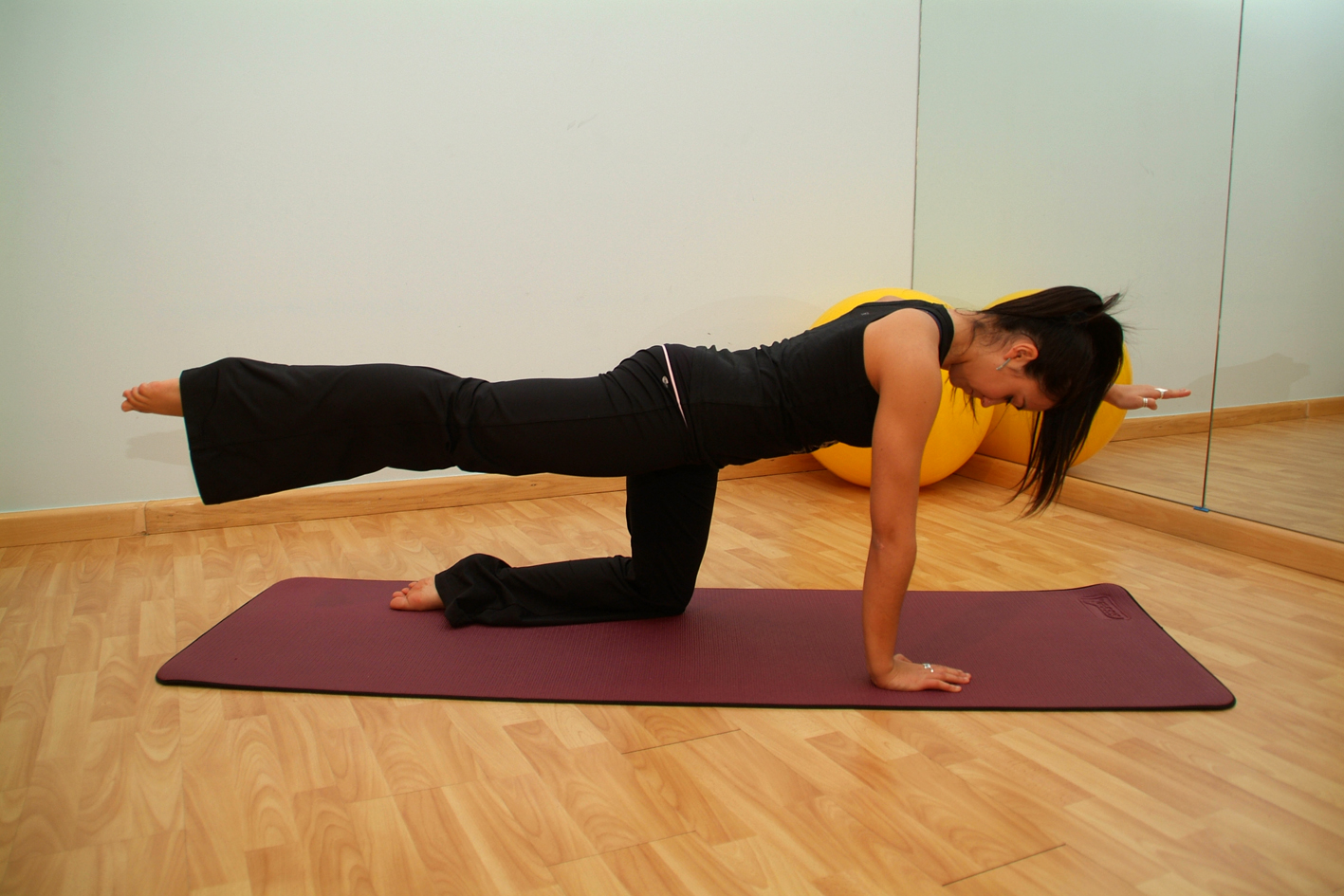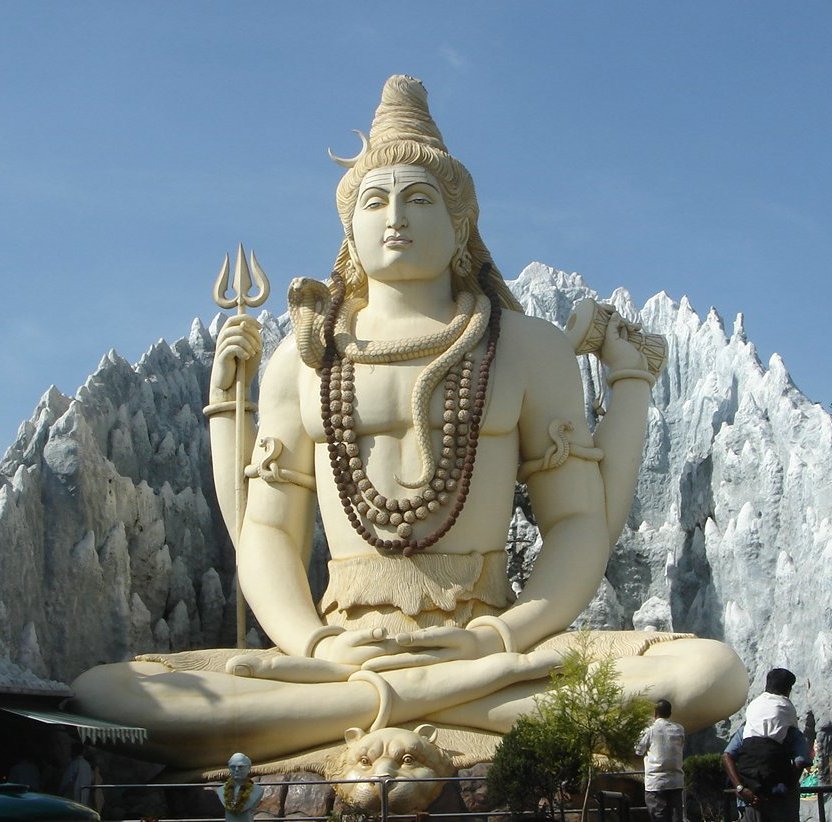|
Hope Rehab Centre
Hope Rehab Centre is a drug and alcohol rehabilitation centre in Si Racha, Thailand. History The Hope Rehab Centre was founded by Simon Mott and Alon Kumsawad in 2013. Mott had previously worked at The Cabin Chiang Mai rehab centre, serving as that facility's head counsellor and manager. In late 2014, musician Pete Doherty was treated at the facility. After his time there, he launched the Peter Doherty Hope Initiative to provide funding for other patients at the centre. The centre is part of a trend of medical tourism, attracting many of its patients from overseas. Facility The Hope Rehab Centre is located on a seven-acre estate in Si Racha near the Gulf of Thailand. It contains 35 beds and is licensed by the Thailand Ministry of Health, the United Kingdom's Federation of Drug and Alcohol Practitioners and the U.S.-based Association for Addiction Professionals. The centre uses modern and holistic rehabilitation methods and treats a variety of drug, alcohol, and process addictions ... [...More Info...] [...Related Items...] OR: [Wikipedia] [Google] [Baidu] |
Cognitive Behavioral Therapy
Cognitive behavioral therapy (CBT) is a psycho-social intervention that aims to reduce symptoms of various mental health conditions, primarily depression and anxiety disorders. CBT focuses on challenging and changing cognitive distortions (such as thoughts, beliefs, and attitudes) and their associated behaviors to improve emotional regulation and develop personal coping strategies that target solving current problems. Though it was originally designed to treat depression, its uses have been expanded to include the treatment of many mental health conditions, including anxiety, substance use disorders, marital problems, and eating disorders. CBT includes a number of cognitive or behavioral psychotherapies that treat defined psychopathologies using evidence-based techniques and strategies. CBT is a common form of talk therapy based on the combination of the basic principles from behavioral and cognitive psychology. It is different from historical approaches to psychotherapy, s ... [...More Info...] [...Related Items...] OR: [Wikipedia] [Google] [Baidu] |
Medical Tourism
Medical tourism refers to people traveling abroad to obtain medical treatment. In the past, this usually referred to those who traveled from less-developed countries to major medical centers in highly developed countries for treatment unavailable at home. However, in recent years it may equally refer to those from developed countries who travel to developing countries for lower-priced medical treatments. The motivation may be also for medical services unavailable or non-licensed in the home country: There are differences between the medical agencies (FDA, EMA etc.) world-wide which decide whether a drug is approved in their country or not. Even within Europe, although therapy protocols might be approved by the European Medical Agency (EMA), several countries have their own review organizations in order to evaluate whether the same therapy protocol would be "cost-effective", so that patients face differences in the therapy protocols, particularly in the access of these drugs, which mi ... [...More Info...] [...Related Items...] OR: [Wikipedia] [Google] [Baidu] |
Drug And Alcohol Rehabilitation Centers
A drug is any chemical substance that causes a change in an organism's physiology or psychology when consumed. Drugs are typically distinguished from food and substances that provide nutritional support. Consumption of drugs can be via inhalation, injection, smoking, ingestion, absorption via a patch on the skin, suppository, or dissolution under the tongue. In pharmacology, a drug is a chemical substance, typically of known structure, which, when administered to a living organism, produces a biological effect. A pharmaceutical drug, also called a medication or medicine, is a chemical substance used to treat, cure, prevent, or diagnose a disease or to promote well-being. Traditionally drugs were obtained through extraction from medicinal plants, but more recently also by organic synthesis. Pharmaceutical drugs may be used for a limited duration, or on a regular basis for chronic disorders. Pharmaceutical drugs are often classified into drug classes—groups of related drugs ... [...More Info...] [...Related Items...] OR: [Wikipedia] [Google] [Baidu] |
Recovery Coaching
Recovery coaching is a form of strengths-based support for people with addictions or in recovery from alcohol, other drugs, codependency, or other addictive behaviors. There are multiple models, with some programs using self-identified peers who draw from their own lived experience with substance use and recovery and some utilizing people who have no lived experience but some training in support, depending on local standards and availability. They help clients find ways to stop addiction (abstinence), or reduce harm associated with addictive behaviors. These coaches can help a client find resources for harm reduction, detox, treatment, family support and education, local or online support groups; or help a client create a change plan to recover on their own. Recovery coaches do not offer primary treatment for addiction, do not diagnose, and are not associated with any particular method or means of recovery. They support any positive change, helping persons coming home from treatment ... [...More Info...] [...Related Items...] OR: [Wikipedia] [Google] [Baidu] |
Alternative Medicine
Alternative medicine is any practice that aims to achieve the healing effects of medicine despite lacking biological plausibility, testability, repeatability, or evidence from clinical trials. Complementary medicine (CM), complementary and alternative medicine (CAM), integrated medicine or integrative medicine (IM), and holistic medicine attempt to combine alternative practices with those of mainstream medicine. Alternative therapies share in common that they reside outside of medical science and instead rely on pseudoscience. Traditional practices become "alternative" when used outside their original settings and without proper scientific explanation and evidence. Frequently used derogatory terms for relevant practices are ''new age'' or ''pseudo-'' medicine, with little distinction from quackery. Some alternative practices are based on theories that contradict the established science of how the human body works; others resort to the supernatural or superstitious to explain ... [...More Info...] [...Related Items...] OR: [Wikipedia] [Google] [Baidu] |
Drug Rehabilitation
Drug rehabilitation is the process of medical or psychotherapeutic treatment for dependency on psychoactive substances such as alcohol, prescription drugs, and street drugs such as cannabis, cocaine, heroin or amphetamines. The general intent is to enable the patient to confront substance dependence, if present, and stop substance misuse to avoid the psychological, legal, financial, social, and physical consequences that can be caused. Treatment includes medication for depression or other disorders, counseling by experts and sharing of experience with other addicts. Psychological dependency Psychological dependency is addressed in many drug rehabilitation programs by attempting to teach the person new methods of interacting in a drug-free environment. In particular, patients are generally encouraged, or possibly even required, to not associate with peers who still use the addictive substance. Twelve-step programs encourage addicts not only to stop using alcohol or other d ... [...More Info...] [...Related Items...] OR: [Wikipedia] [Google] [Baidu] |
Recovery Coaching
Recovery coaching is a form of strengths-based support for people with addictions or in recovery from alcohol, other drugs, codependency, or other addictive behaviors. There are multiple models, with some programs using self-identified peers who draw from their own lived experience with substance use and recovery and some utilizing people who have no lived experience but some training in support, depending on local standards and availability. They help clients find ways to stop addiction (abstinence), or reduce harm associated with addictive behaviors. These coaches can help a client find resources for harm reduction, detox, treatment, family support and education, local or online support groups; or help a client create a change plan to recover on their own. Recovery coaches do not offer primary treatment for addiction, do not diagnose, and are not associated with any particular method or means of recovery. They support any positive change, helping persons coming home from treatment ... [...More Info...] [...Related Items...] OR: [Wikipedia] [Google] [Baidu] |
Tai Chi
Tai chi (), short for Tai chi ch'üan ( zh, s=太极拳, t=太極拳, first=t, p=Tàijíquán, labels=no), sometimes called "shadowboxing", is an neijia, internal Chinese martial art practiced for defense training, health benefits and meditation. Tai chi has practitioners worldwide from Asia to the Americas. Early practitioners such as Yang Chengfu and Sun Lutang promoted the art for its health benefits beginning in the early 20th century. Its global following may be attributed to overall benefit to personal health. Many forms are practiced, both traditional and modern. Most modern styles trace their development to the five traditional schools: Chen-style t'ai chi ch'uan, Chen, Yang-style t'ai chi ch'uan, Yang, Wu (Hao)-style t'ai chi ch'uan, Wu (Hao), Wu-style t'ai chi ch'uan, Wu, and Sun-style t'ai chi ch'uan, Sun. All trace their historical origins to Chen-style t'ai chi ch'uan#Chen Village (Chenjiagou), Chen Village. Concepts ''Yin'' and ''Yang'' The concept of the ' ... [...More Info...] [...Related Items...] OR: [Wikipedia] [Google] [Baidu] |
Pilates
Pilates (; ) is a type of mind-body exercise developed in the early 20th century by German physical trainer Joseph Pilates, after whom it was named. Pilates called his method "Contrology". It is practiced worldwide, especially in countries such as Australia, Canada, South Korea, the United States and the United Kingdom. As of 2005, there were 11 million people practicing the discipline regularly and 14,000 instructors in the United States. Pilates developed in the aftermath of the late 19th century physical culture of exercising in order to alleviate ill health. There is however only limited evidence to support the use of Pilates to alleviate problems such as lower back pain. Evidence from studies show that while Pilates improves balance, it has not been shown to be an effective treatment for any medical condition other than evidence that regular Pilates sessions can help muscle conditioning in healthy adults, when compared to doing no exercise. History Pilates was developed ... [...More Info...] [...Related Items...] OR: [Wikipedia] [Google] [Baidu] |
Yoga
Yoga (; sa, योग, lit=yoke' or 'union ) is a group of physical, mental, and spiritual practices or disciplines which originated in ancient India and aim to control (yoke) and still the mind, recognizing a detached witness-consciousness untouched by the mind ('' Chitta'') and mundane suffering (''Duḥkha''). There is a wide variety of schools of yoga, practices, and goals in Hinduism, Buddhism, and Jainism,Stuart Ray Sarbacker, ''Samādhi: The Numinous and Cessative in Indo-Tibetan Yoga''. SUNY Press, 2005, pp. 1–2.Tattvarthasutra .1 see Manu Doshi (2007) Translation of Tattvarthasutra, Ahmedabad: Shrut Ratnakar p. 102. and traditional and modern yoga is practiced worldwide. Two general theories exist on the origins of yoga. The linear model holds that yoga originated in the Vedic period, as reflected in the Vedic textual corpus, and influenced Buddhism; according to author Edward Fitzpatrick Crangle, this model is mainly supported by Hindu scholars. According ... [...More Info...] [...Related Items...] OR: [Wikipedia] [Google] [Baidu] |
Mindfulness-based Cognitive Therapy
Mindfulness-based cognitive therapy (MBCT) is an approach to psychotherapy that uses cognitive behavioral therapy (CBT) methods in collaboration with mindfulness meditative practices and similar psychological strategies. The origins to its conception and creation can be traced back to the traditional approaches from East Asian formative and functional medicine, philosophy and spirituality, birthed from the basic underlying tenets from classical Taoist, Buddhist and Traditional Chinese medical texts, doctrine and teachings. Recently, mindfulness therapy has become of great interest to the scientific and medical community in the West, leading to the development of many new innovative approaches to mental health. One such approach is the relapse-prevention treatment for individuals with major depressive disorder (MDD). A focus on MDD and attention to negative thought processes such as false beliefs and rumination, distinguishes MBCT from other mindfulness-based therapies. Mindfulness- ... [...More Info...] [...Related Items...] OR: [Wikipedia] [Google] [Baidu] |




